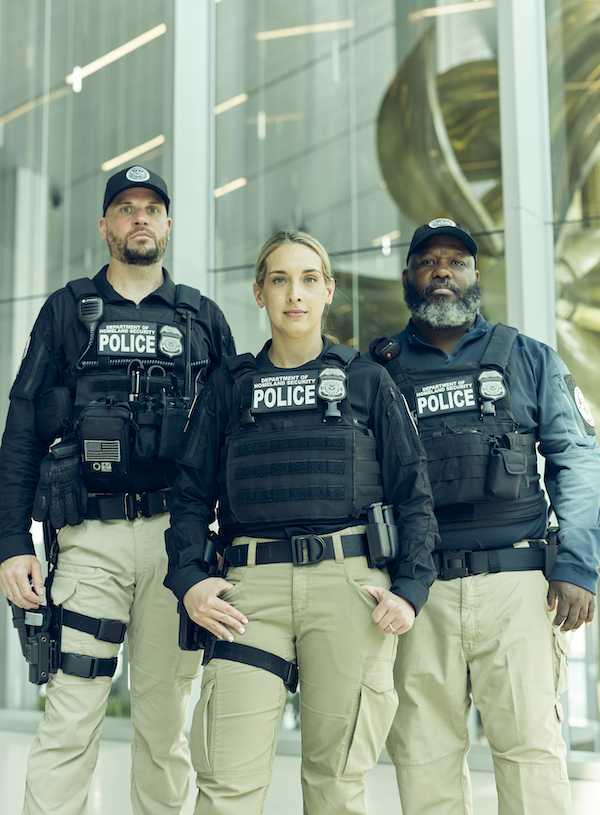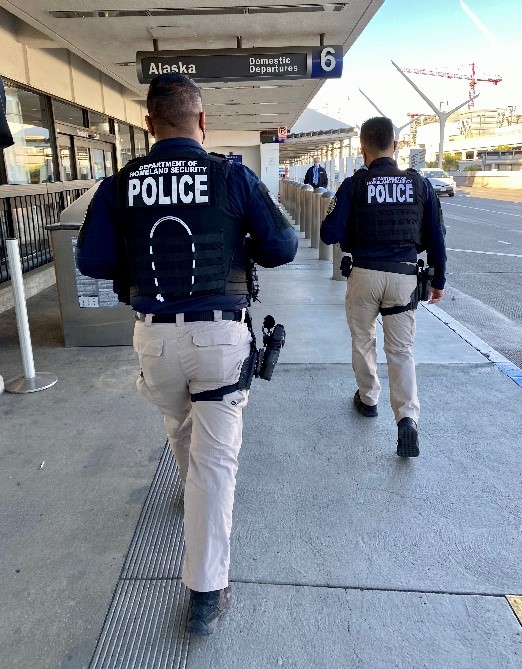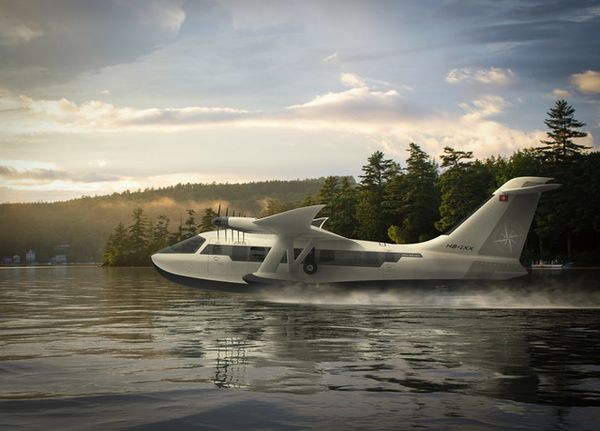Sometimes, we all like to believe what we see in movies. One of the random things that we all seem to think is that the person next to us on an aircraft is an undercover agent. The US Federal Air Marshal Service (FAMS or ‘Air Marshals’) is considered the police of the skies and has the highest rank of any transportation security employee. Typically, they are undercover and are disguised as civilians on commercial airplanes.

Unlike what you see in the movies, there is no Air Marshal on every flight. Starting in the early 1960s, the Kennedy administration began drafting an order to introduce a policing body of commercial air transit. In 1962, the Air Marshal Service's first iteration began, overseen by the Federal Aviation Administration (FAA) as the FAA Peace Officers Program. The initial program saw the Air Marshalls receive training from various government organizations, including close combat arms training by the Federal Bureau of Investigation (FBI) and intelligence strategy training from the Central Intelligence Agency (CIA). For some time, the Air Marshals had the most intense standards of marksmanship training for any agency.
Over time, the administration of the Air Marshals switched hands a few times. In a period where piracy, hijackings, and terrorist attacks became more frequent globally, the call for policing agencies became greater. The United States Customs Service began using the Air Marshalls as a form of border patrol for a long period. Over the years, this group grew to what is now considered the US Immigration and Customs Enforcement (ICE) we see today.

Unlike the standard US Marshall Service, which serves as the policing agency of the United States Judiciary, the Air Marshall Service was independent of this organization. In 2001, after the 9/11 attacks, the US government founded the Transportation Security Administration (TSA) as well as the broader US Department of Homeland Security (DHS). The transition of the Air Marshals from ICE to TSA occurred after that. Although not large, only around 4,000 Air Marshals in total, it is said that it remains one of the toughest jobs to obtain in the civil service.
Air Marshals are typically undercover and are there to handle threats on the aircraft. They can arrest and apprehend, similar to a police officer. As they are armed, they must disclose to the cabin crew and pilots that they are on board. Although an Air Marshal is only present on less than 1 percent of all flights, they are typically deployed on flights with an increased risk posture. Air Marshals operate in tandems, so domestic flights would have two present, and international routes can have up to four.

The actual job is less glamorous than it may be perceived. Typically, Air Marshals fly almost daily, with nothing of note occurring on most flights. They are also prohibited from sleeping, eating, or drinking unless necessary. With a high barrier for entrance, the Air Marshals are highly trained and are designated to make travel safer for everyone.
NTSB: Maintenance Error Led to Citation CJ4 Gear Collapse in Baton Rouge » When Will the Boeing 777X Enter Service? Delays, Certification, and 2027 Outlook » Top 5 Unique Gifts for Pilots & Aviation Lovers Under $50 »
Comments (0)
Add Your Comment
SHARE
TAGS
INFORMATIONAL FAMS Air Marshal Security Safety Police TSA Transportation Security AdministrationRECENTLY PUBLISHED
 The Runway is Obsolete: Jekta Swiss is Resurrecting the Flying Boat for the 21st Century
AeroXplorer sat down with George Alafinov, CEO & Co-founder of Jekta Swiss. In conversation, he discussed the company's unique value proposition and how he sees his aircraft revolutionizing the amphibious aircraft industry.
STORIES
READ MORE »
The Runway is Obsolete: Jekta Swiss is Resurrecting the Flying Boat for the 21st Century
AeroXplorer sat down with George Alafinov, CEO & Co-founder of Jekta Swiss. In conversation, he discussed the company's unique value proposition and how he sees his aircraft revolutionizing the amphibious aircraft industry.
STORIES
READ MORE »
 Why Fast Price Estimation Has Become Critical for Brokers and Clients
In today's private aviation market, speed is no longer a "nice to have." It's an expectation. Brokers, operators, and clients all work under tighter timelines, higher price sensitivity, and far less tolerance for vague answers. When someone asks, "How much will this flight cost?" they don’t want a rough guess tomorrow; they want a credible answer now.
INFORMATIONAL
READ MORE »
Why Fast Price Estimation Has Become Critical for Brokers and Clients
In today's private aviation market, speed is no longer a "nice to have." It's an expectation. Brokers, operators, and clients all work under tighter timelines, higher price sensitivity, and far less tolerance for vague answers. When someone asks, "How much will this flight cost?" they don’t want a rough guess tomorrow; they want a credible answer now.
INFORMATIONAL
READ MORE »
 The Top 5 Longest Flights in the World
Technology continues to transform the way we live, work, and connect. Few industries embody this more than air travel, which has effectively shrunk the world in recent years. Journeys that would have once seemed impossible can now be completed in mere hours. Here's a look at the World's Top 5 flights, ranked by distance.
INFORMATIONAL
READ MORE »
The Top 5 Longest Flights in the World
Technology continues to transform the way we live, work, and connect. Few industries embody this more than air travel, which has effectively shrunk the world in recent years. Journeys that would have once seemed impossible can now be completed in mere hours. Here's a look at the World's Top 5 flights, ranked by distance.
INFORMATIONAL
READ MORE »



